BCH Crypto: What It Is, How It Works, and Why It Still Matters
When you hear BCH crypto, Bitcoin Cash, a peer-to-peer digital cash system created in 2017 to fix Bitcoin’s scaling issues. Also known as Bitcoin Cash, it was born from a hard fork because a group of developers and users believed Bitcoin should be used as everyday money, not just a store of value. Unlike Bitcoin, which prioritized security and decentralization over speed, BCH increased its block size to 32MB — letting more transactions fit in each block. That means lower fees and faster confirmations, often under a minute. You don’t need a third party to send $5 to a friend in another country. You just use your wallet, and it’s done.
BCH crypto isn’t just a technical tweak — it’s a philosophy. It’s about making digital money usable. That’s why merchants, remittance services, and everyday users still choose it. You’ll find BCH accepted in places where Bitcoin struggles: small online shops, food delivery apps, even vending machines in some countries. It’s not flashy like meme coins, but it’s reliable. And unlike many altcoins that vanish after a year, BCH has stayed alive for over seven years, with active development, regular upgrades, and a loyal community. It’s not the biggest coin anymore, but it’s one of the few that never lost sight of its original goal: to be cash for the internet.
Related to BCH crypto are the tools and networks that support it. Bitcoin Cash wallets, software like Electron Cash, BitPay, and Atomic Wallet that let you send, receive, and store BCH securely. Also known as BCH wallets, they’re designed for simplicity — no complex staking, no yield farming, just sending money like you would with a phone app. Then there’s the ecosystem around it: BCH-based payment processors, services like BitPay and Coinbase Commerce that let businesses accept BCH without managing crypto themselves. Also known as BCH payment gateways, they’ve helped BCH stay relevant in real-world commerce, even as other coins chased DeFi hype. And while you won’t find BCH in most DeFi protocols — it doesn’t support smart contracts like Ethereum — that’s by design. BCH stays focused. It doesn’t try to be everything. It just wants to be good money.
What you’ll find in the posts below isn’t a list of price predictions or speculative tokens. It’s real talk about what works and what doesn’t in crypto. You’ll read about failed exchanges that claimed to support BCH but vanished overnight. You’ll see deep dives into tokens that tried to piggyback on BCH’s name but had no real connection. And you’ll get clear, no-fluff guides on how to actually use BCH — not as a gamble, but as a tool. If you’ve ever wondered why anyone still uses BCH when Ethereum and Solana are everywhere, these posts answer that. No hype. No jargon. Just facts.

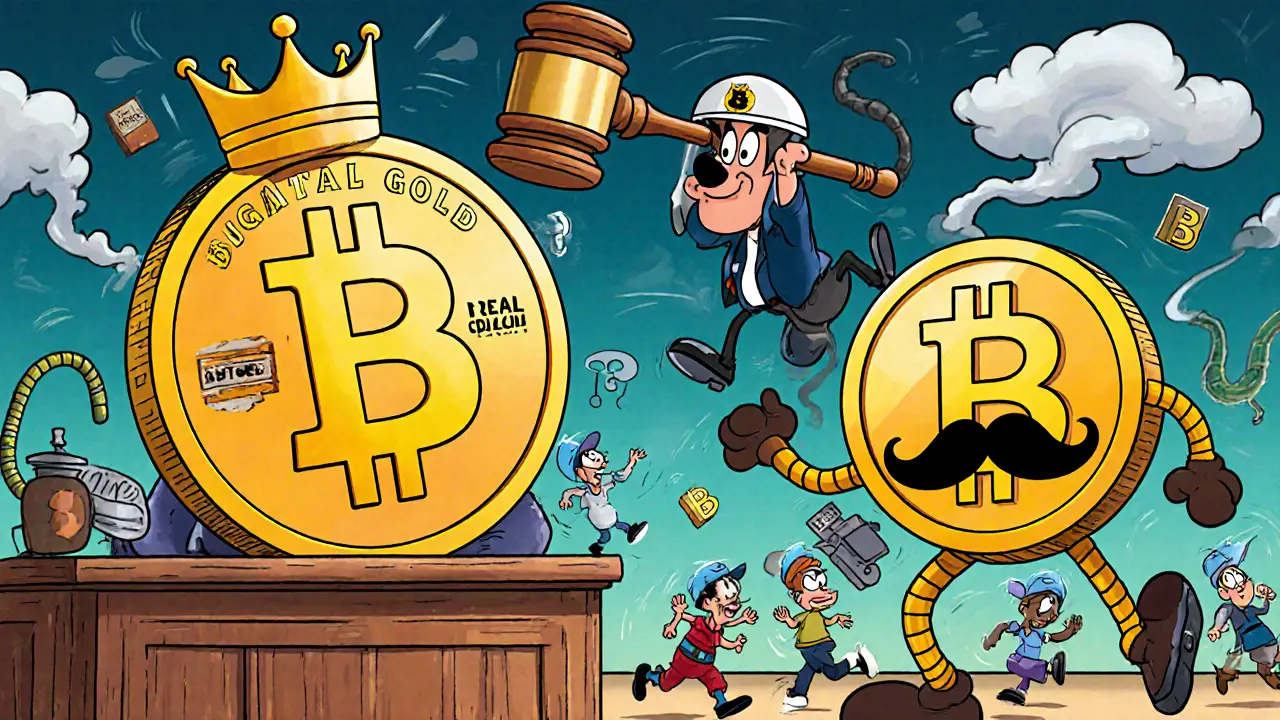
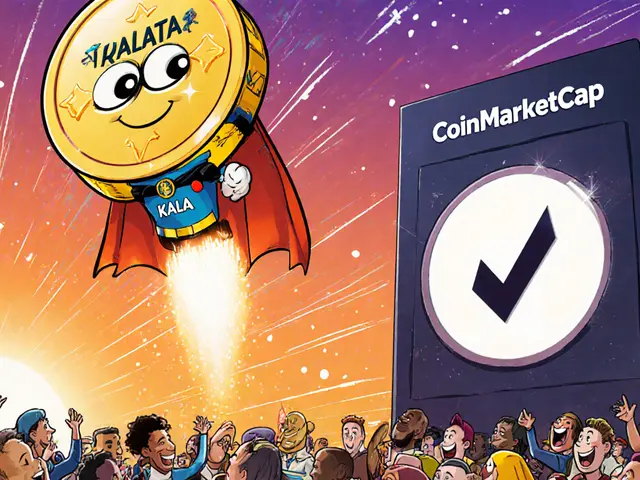
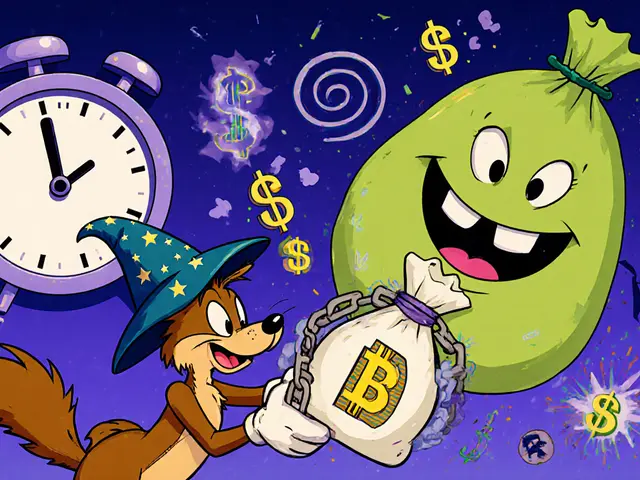
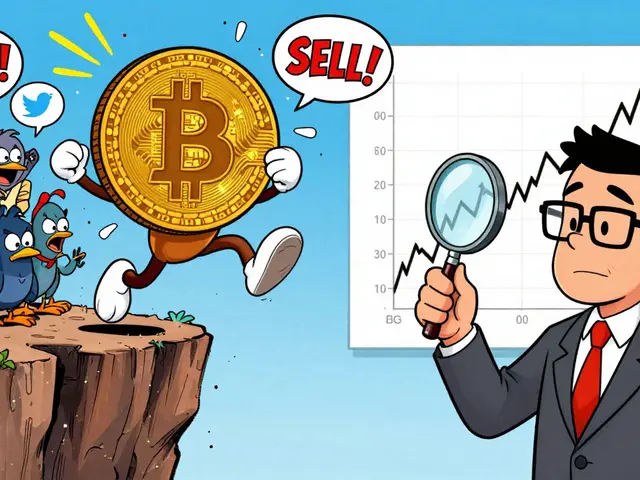
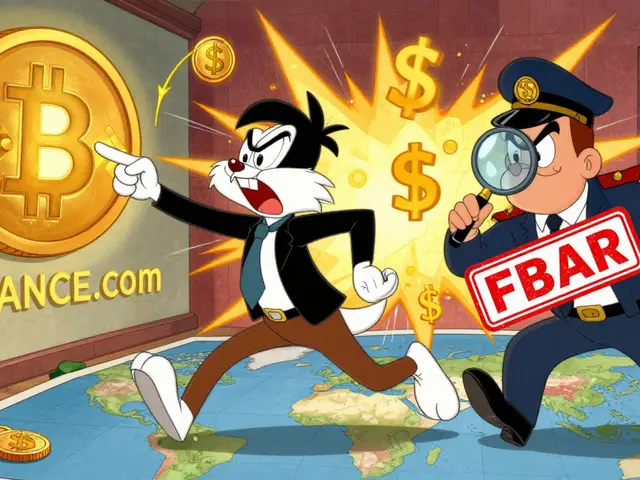
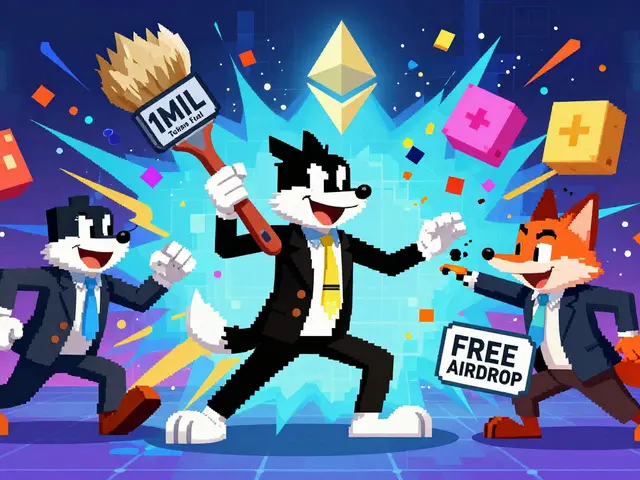
Categories